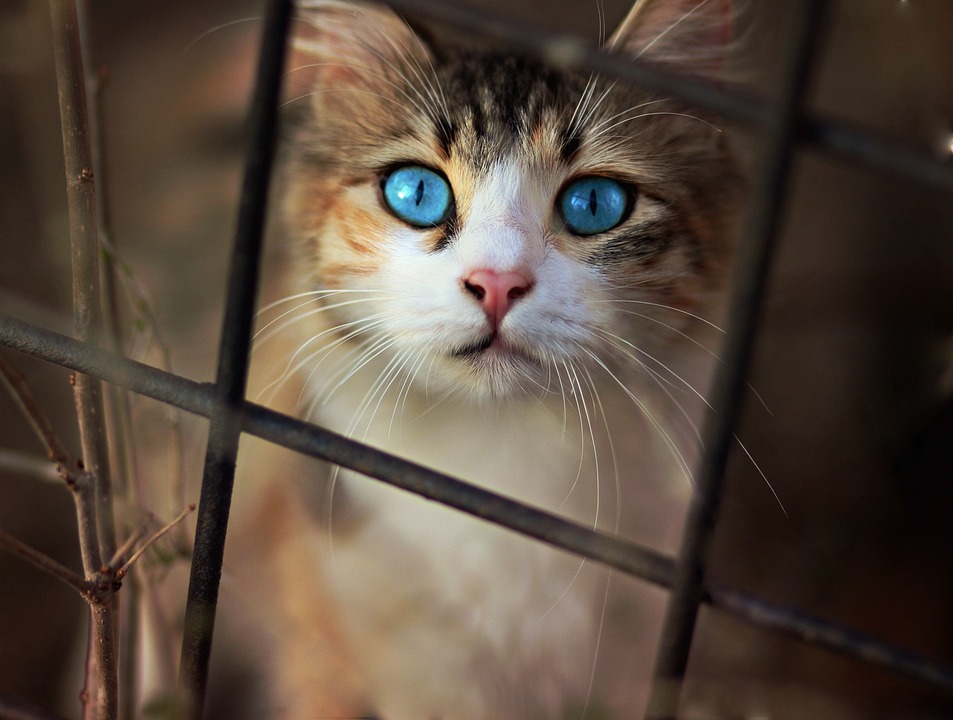Article: Understanding and Managing Common Urinary Issues in Cats with Recurring Urinary Blockages
Introduction:
Cats are prone to various urinary issues, including recurring urinary blockages. These conditions can cause discomfort, pain, and even life-threatening complications if not properly managed. In this article, we will explore the causes, symptoms, diagnosis, treatment options, and preventive measures for common urinary issues in cats. Additionally, we will address frequently asked questions to provide comprehensive information and help cat owners better understand and manage their feline companion’s health.
I. Understanding Common Urinary Issues in Cats
A. Overview of the feline urinary system
The feline urinary system consists of the kidneys, ureters, bladder, and urethra. Its primary function is to remove waste products from the blood and regulate fluid balance in the body.
B. Common causes of urinary blockages
Urinary blockages in cats are often caused by the formation of crystals or stones in the urinary tract. These can obstruct the flow of urine and lead to urinary blockages.
C. Risk factors for recurring urinary blockages
Male cats are more prone to urinary blockages than females due to their narrower urethras. Other risk factors include obesity, a sedentary lifestyle, stress, and certain underlying medical conditions.
II. Recognizing Symptoms of Urinary Issues in Cats
A. Changes in litter box habits
Cats with urinary issues may exhibit changes in their litter box habits, such as urinating outside the box or frequent visits to the litter box without producing much urine.
B. Frequent urination or straining
Frequent attempts to urinate or straining in the litter box can indicate a urinary issue. Some cats may also cry out in pain while urinating.
C. Blood in the urine
The presence of blood in the urine, which may appear pink, red, or brown, is a significant symptom of urinary problems.
D. Vocalization or signs of pain
Cats experiencing urinary issues may vocalize or show signs of pain, such as restlessness, restlessness, or discomfort when touched in the abdominal area.
E. Lethargy and loss of appetite
Urinary issues can cause cats to feel unwell, resulting in lethargy and loss of appetite.
III. Diagnosing Urinary Blockages in Cats
A. Physical examination and medical history
A veterinarian will perform a physical examination and gather information about the cat’s medical history to assess the potential causes of urinary blockages.
B. Urine analysis and culture
Urine analysis and culture can help identify the presence of crystals, bacteria, or other abnormalities that may contribute to urinary blockages.
C. Radiography and imaging techniques
Radiography and other imaging techniques, such as ultrasound, can provide detailed images of the urinary tract to detect stones, tumors, or structural abnormalities.
D. Additional diagnostic tests
In some cases, additional tests, such as blood work or a biopsy, may be necessary to determine the underlying cause of the urinary blockage.
IV. Treatment Options for Recurring Urinary Blockages
A. Catheterization and flushing the urinary tract
Catheterization is often used to relieve urinary blockages by inserting a tube into the urethra to remove the obstruction and flush the urinary tract.
B. Prescription medications to dissolve crystals or stones
Specific medications may be prescribed to dissolve crystals or stones in the urinary tract, reducing the risk of blockages.
C. Surgical intervention for severe cases
In severe cases, surgery may be necessary to remove large stones or correct structural abnormalities in the urinary tract.
D. Dietary modifications and specialized cat food
A veterinarian may recommend dietary modifications or prescribe specialized cat food to prevent the formation of crystals or stones in the urinary tract.
E. Environmental enrichment and stress reduction techniques
Reducing stress and providing environmental enrichment, such as interactive toys and vertical spaces, can help prevent urinary issues related to stress.
V. Preventive Measures for Urinary Health in Cats
A. Providing fresh, clean water at all times
Ensuring cats have access to fresh, clean water can promote proper hydration and urinary health.
B. Promoting a balanced diet with proper hydration
Feeding a balanced diet that meets a cat’s nutritional needs and provides adequate hydration is essential for urinary health.
C. Encouraging regular exercise and playtime
Regular exercise and playtime can help prevent obesity and maintain a healthy urinary system.
D. Maintaining a clean litter box and stress-free environment
Keeping the litter box clean and providing a stress-free environment can minimize the risk of urinary issues associated with poor hygiene and stress.
E. Regular veterinary check-ups and monitoring
Regular veterinary check-ups and monitoring can help detect early signs of urinary issues and allow for prompt intervention.
FAQs (Frequently Asked Questions):
1. Can stress lead to urinary blockages in cats?
Yes, stress can contribute to urinary blockages in cats, especially in predisposed individuals.
2. Are male cats more prone to urinary blockages than females?
Yes, male cats are more prone to urinary blockages due to their narrower urethras.
3. How can diet influence urinary health in cats?
A balanced diet that promotes proper hydration and avoids excessive minerals can help maintain urinary health in cats.
4. Can I prevent recurring urinary blockages in my cat?
By implementing preventive measures, such as providing a balanced diet, promoting hydration, and reducing stress, you can minimize the risk of recurring urinary blockages in your cat.
5. What should I do if my cat experiences a urinary blockage again?
If your cat experiences a urinary blockage again, it is essential to seek immediate veterinary care as it can be a life-threatening emergency.
Conclusion:
Understanding and managing urinary issues in cats, particularly recurring urinary blockages, is crucial for ensuring their overall health and well-being. By recognizing the symptoms, seeking prompt veterinary care, and implementing preventive measures, cat owners can help minimize the risk of urinary issues and provide their feline companions with a comfortable and happy life. Remember, your veterinarian is the best source of information and guidance for your cat’s specific needs, so always consult them for personalized advice.








